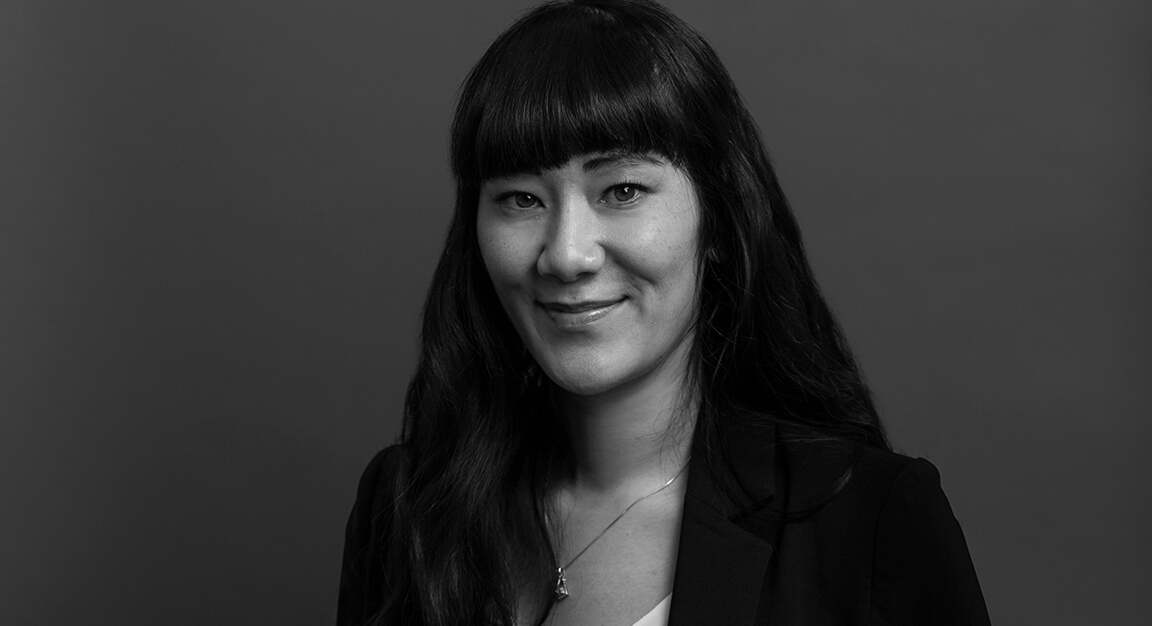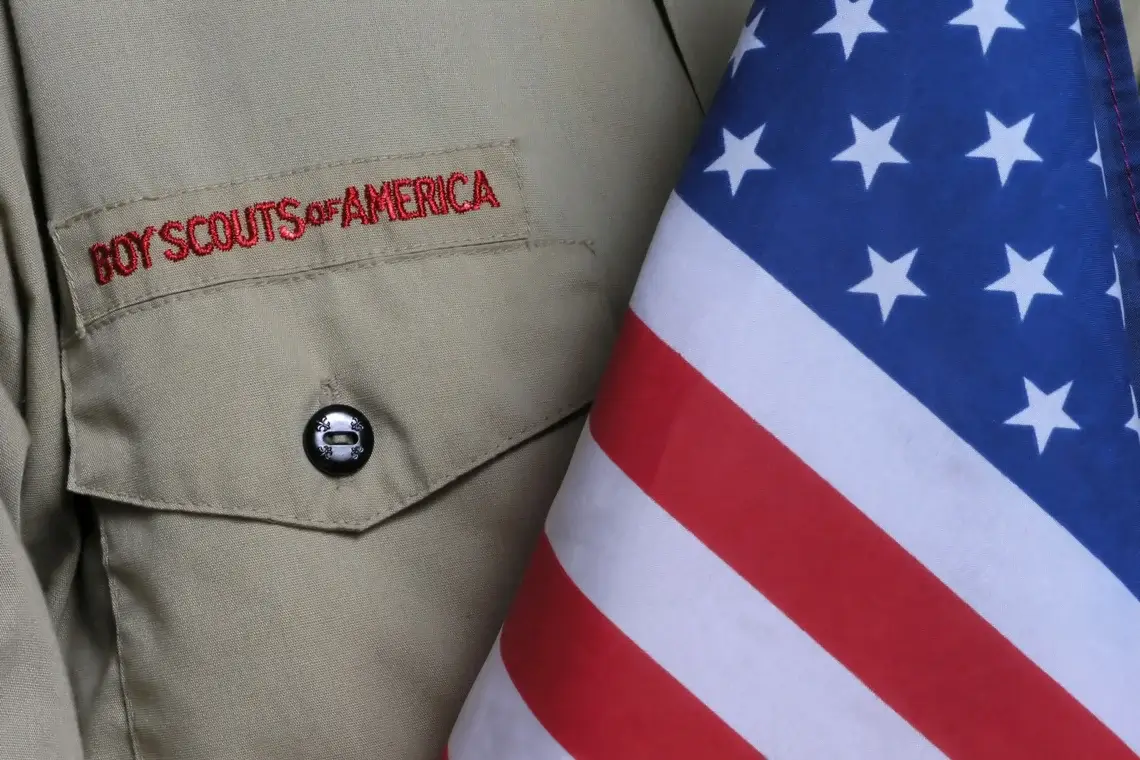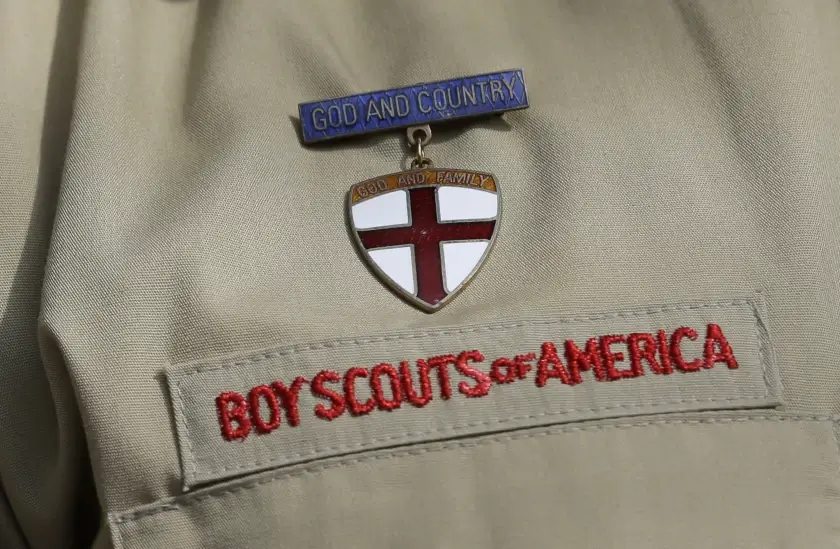Courtney Kiehl, a former elite gymnast and now an attorney who advocates for survivors of child sexual abuse, joins us to discuss what makes youth athletes vulnerable, and how we can help.
View news article Opens in a new window
A Survivor Shares Her Strength
Courtney Kiehl JD ’15 Law knew she wanted to work with trauma survivors in some capacity. A former elite gymnast and survivor of child sexual abuse, Kiehl chose to pursue a legal career after earning her bachelor’s degree in sociology at UCLA, where she had become involved in victims’ rights organizations.
“When I began researching law schools, it was around the time that the Sandusky case was getting a lot of publicity,” Kiehl says. “I had done work in the realm of child sexual abuse, so I thought it would be a good opportunity to go to Penn State, the center of this case that was getting so much attention.”
View news article Opens in a new window

After Teacher Convicted Of Sex Offenses, Corona-Norco USD Sued
The Corona-Norco Unified School District is the target of a lawsuit stemming from multiple sexual offenses perpetrated by a former high school teacher and athletics coach now serving time in state prison, it was announced Wednesday.
“Schools have a duty to protect the safety and welfare of students,” attorney Paul Mones said regarding the civil action. “Schools have a responsibility to not just properly and adequately supervise children delivered into their care by their parents, but as well a responsibility to adequately monitor teachers to ensure that they maintain appropriate and professional boundaries with students.”
The suit, filed in Riverside County Superior Court, names both the school district and Joe Robles Jr. of Ontario as defendants.


Five Sexual Assault Survivors Sue Riverside County School District for Employing Convicted Serial Sexual Abuser High School Teacher-Track Coach
Former high school teacher, track and field coach, and cross-country running coach Joe Robles, Jr. – who is currently serving a four-year prison sentence after being convicted of multiple felony sex crimes – has been named in a civil action alleging that he sexually assaulted at least five children between the ages of 14 and 17 between 2014 and 2017, during the time Robles was employed at Eleanor Roosevelt High School in Riverside County. The complaint also names Corona-Norco Unified School District for failing to protect the plaintiffs and other students as required by law, according to attorneys at Slater Slater Schulman LLP and Paul Mones, P.C.
“The effects of child sexual abuse are severe and long-lasting,” said co-counsel James W. Lewis of Slater Slater Schulman LLP. “The brave young women who are part of this case have each suffered extreme emotional distress as a result of being abused by an adult placed in a position of authority by their school and school district. Joe Robles, Jr. had access to hundreds of children over the course of his ten-year employment. We are working to build a community of survivors who are taking the power back.”
“Schools have a duty to protect the safety and welfare of students,” said co-counsel Paul Mones. “Schools have a responsibility to not just properly and adequately supervise children delivered into their care by their parents, but as well a responsibility to adequately monitor teachers to ensure that they maintain appropriate and professional boundaries with students.”
View news article Opens in a new window

Read Paul’s comments on the Michigan Attorney General’s investigation of the Boy Scouts
The Michigan attorney general’s office said it is close to bringing criminal charges in its investigation into allegations that troop leaders and others associated with the Boy Scouts of America sexually assaulted youths in the state.
A spokeswoman for Dana Nessel, the state’s attorney general, said Wednesday that her office is investigating five individuals. She declined to say when charges would be announced and said the investigation is ongoing.
View news article Opens in a new window

Boy Scouts’ bankruptcy creates rift with religious partners
Amid the Boy Scouts of America’s complex bankruptcy case, there is worsening friction between the organization and the major religious groups that help it run thousands of Scout units. At issue: the churches’ fears that an eventual settlement — while protecting the Boy Scouts of America from future sex-abuse lawsuits — could leave many churches unprotected.
The Boy Scouts sought bankruptcy protection in February 2020 in an effort to halt individual lawsuits and create a huge compensation fund for thousands of men who say they were molested as youngsters by scoutmasters or other leaders. At the time, the national organization estimated it might face 5,000 cases; it now faces 82,500.
In July, the Boy Scouts of America proposed an $850-million deal that would bar further lawsuits against it and its local councils. The deal did not cover the more than 40,000 organizations that have charters with the organization to sponsor Scout units, including many churches from major religious denominations that are now questioning their future involvement in Scouting.
View news article Opens in a new window

Paul Mones Quoted in Ojai’s elite Thacher School allowed decades of alleged sexual abuse, misconduct
An exclusive boarding school in the Ojai Valley released the findings of a review this week that detailed alleged sexual misconduct and abuse spanning 40 years.
The 91-page document takes from a months-long investigation that gathered numerous reports of sexual misconduct by faculty, staff and students following social media posts that began last summer.
The renowned Thacher School is a co-ed private boarding school founded in 1889 and counts notable politicians, journalists, writers and actors among its alumni. It is in the hills above the main city center of Ojai with 259 students, tuition for whom can run $64,700, though many receive financial aid.
The school’s board of trustees retained the Los Angeles-headquartered law firm Munger, Tolles & Olson last fall to conduct an independent investigation into the alleged sexual misconduct experienced by students and alumni.
View news article Opens in a new window
Fee applications in Boy Scouts bankruptcy exceed $100M; judge calls total ‘staggering’
The court overseeing the Boy Scouts of America bankruptcy case has appointed an examiner to review fees that have become a point of contention.
Professional and attorney fee applications filed with the court exceed $100 million, and the total could reach $150 million by August, according to the New York Times.
The total includes fees sought by professionals working on behalf of the Boy Scouts of America and sexual abuse victims but does not include fees that will be paid to victims’ lawyers on a contingency basis.
View news article Opens in a new window

Boy Scouts of America sex abuse survivors claim censorship, object to bankruptcy exit plans
More than a year into the Boy Scouts of America’s bankruptcy proceedings, frustration is at a boiling point for sex abuse survivors who say the nonprofit organization is doing little to put forth meaningful reparations for their trauma.
Their anger has extended to the bankruptcy court itself, which is redacting hundreds of letters sent to Judge Laurie Silverstein, preventing the public from understanding the full extent of the abuse they say they suffered as children.
On Monday, the Torts Claimants Committee, the official body chosen to represent abuse survivors in the case, filed an objection to the Scouts’ latest bankruptcy reorganization plan, saying it “minimizes the organization’s history of failing to protect children from sexual predators.”
View news article Opens in a new window
‘Staggering’ Legal Fees in Boy Scouts Bankruptcy Case
Read Paul’s comments on the Boy Scouts of America bankruptcy in this New York Times article.
One lawyer negotiating a resolution to the multi-billion-dollar bankruptcy filed by the Boy Scouts of America billed $267,435 in a single month. Another charged $1,725 for each hour of work. New lawyers fresh out of law school have been billing at an hourly rate of more than $600.
The high-stakes bankruptcy case has drawn in lawyers by the dozens, negotiating how to compensate tens of thousands of people who have filed claims of sexual abuse. Lawyers and other professionals — both those representing the Boy Scouts and some who are representing victims — have submitted fee applications with the court that have now surpassed $100 million. By August, they could reach $150 million.
View news article Opens in a new window

